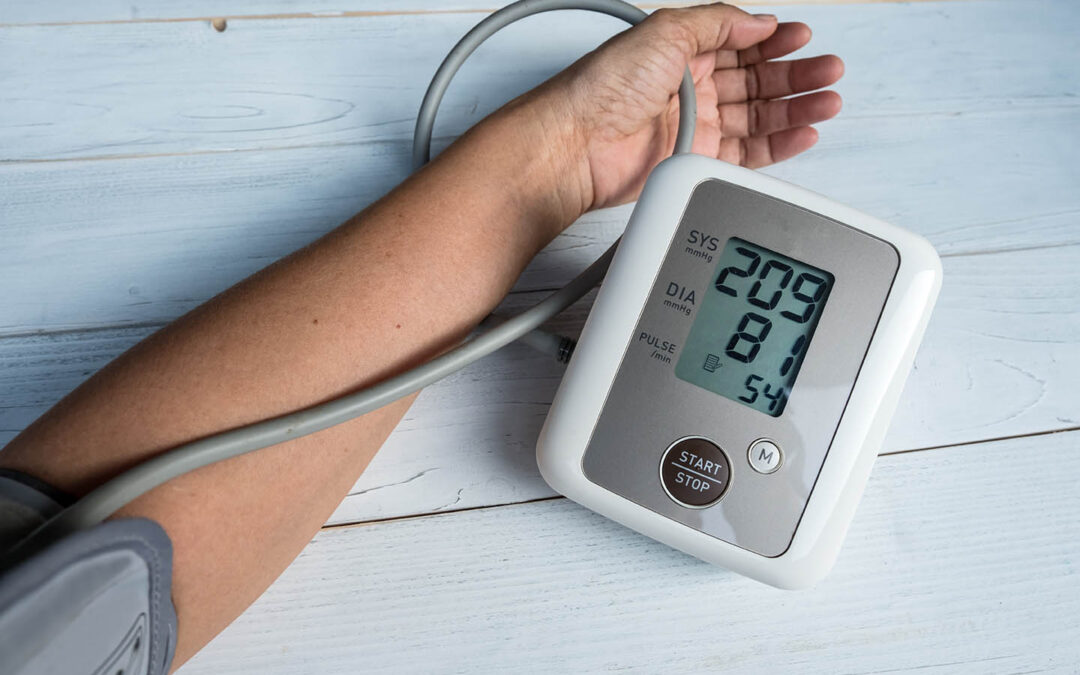Today, I want to have a sincere heart-to-heart with you about a condition that is as common as it is serious—hypertension, or high blood pressure. It’s a condition that often walks silently among us, showing few symptoms but posing significant risks to our health. Managing hypertension isn’t just about keeping numbers in check; it’s about safeguarding your health and ensuring your well-being for years to come.
Understanding Hypertension
Hypertension occurs when the force of your blood against the walls of your blood vessels is consistently too high. While it might seem benign at first glance, untreated high blood pressure can lead to severe health issues, including heart disease, stroke, and kidney damage. It’s often called the “silent killer” because it can quietly damage your body for years before symptoms become noticeable.
Why You Should Take Hypertension Seriously
The risks associated with hypertension are not to be taken lightly. High blood pressure increases your risk of heart attacks and strokes, the leading causes of death worldwide. It also plays a significant role in heart failure and kidney disease and can lead to vision loss and sexual dysfunction. However, the good news is that hypertension is manageable, and taking it seriously is the first step towards protecting your health.
Why You Should See Your Doctor About Hypertension
Regular check-ups with your doctor are crucial for managing hypertension effectively. Here’s why:
- Early Detection: Regular monitoring can help detect hypertension early, even before it causes significant symptoms. This early detection is key to preventing damage to your heart and other organs.
- Personalized Treatment Plans: Hypertension affects everyone differently. Your doctor can work with you to develop a treatment plan tailored to your specific health needs, lifestyle, and any underlying conditions.
- Medication Management: For some, lifestyle changes alone are not enough to control high blood pressure. Medications can be incredibly effective, and your doctor can help identify the right one for you, adjusting dosages as necessary.
- Lifestyle Guidance: Your doctor can provide valuable advice on lifestyle modifications that can help manage your blood pressure, including dietary changes, physical activity, and stress management techniques.
Good Advice on Managing Hypertension
As your healthcare provider, my advice is to approach hypertension management as a partnership between you and me. Here are some practical steps you can take:
- Monitor Your Blood Pressure Regularly: Keep track of your blood pressure readings at home and during visits to the doctor.
- Adopt a Heart-Healthy Lifestyle: Focus on eating a balanced diet rich in fruits, vegetables, whole grains, and lean proteins. Reduce your salt intake and limit alcohol consumption.
- Stay Active: Regular physical activity can help lower blood pressure and keep your heart healthy. Aim for at least 150 minutes of moderate aerobic activity or 75 minutes of vigorous activity each week.
- Manage Stress: Find healthy ways to manage stress, such as meditation, yoga, or deep-breathing exercises.
- Quit Smoking: If you smoke, quitting is one of the best things you can do for your heart and overall health.
In conclusion, while hypertension might be a silent condition, your actions against it don’t have to be. By taking your blood pressure seriously, working closely with your healthcare team, and making positive lifestyle changes, you can control your hypertension and protect your health.
Remember, managing hypertension is a marathon, not a sprint. It’s about making sustainable changes that benefit your health in the long run. As your doctor, I’m here to guide, support, and work with you every step of the way.

